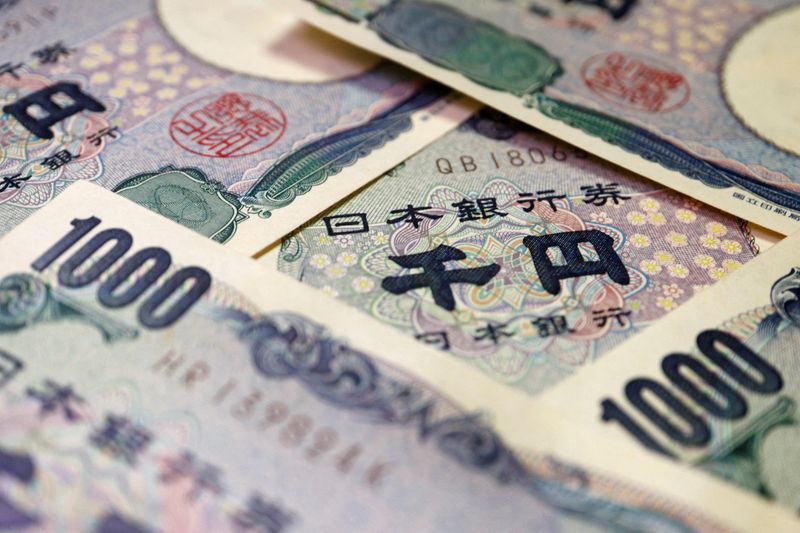China's big-bang stimulus boosts yuan; Aussie up after RBA
By Kevin Buckland and Amanda Cooper
TOKYO/LONDON (Reuters) - China's yuan hit a 16-month high on Tuesday, after stimulus measures infused broader markets with enthusiasm and boosted the euro, while the Australian dollar touched a 2024 peak after the central bank reiterated its determination to tame inflation.
Beijing's new measures - including a planned 50 basis point cut to banks' reserve requirements and the signalling of potentially more easing in lending rates, as well as property market support measures - gave the yuan a lift.
Although the yuan initially weakened in offshore trading after the announcement of the rate cuts, it then climbed steadily to be up as much as 0.38% at 7.0310 per dollar as the focus shifted to the potential boost to growth.
China-sensitive assets like stocks, commodities and the euro rallied in tandem.
"It’s a nice story for these currencies - especially the euro - to get away from the problems there," IG chief market strategist Chris Beauchamp said.
The U.S. Federal Reserve's decision last week to deliver an outsized 50 basis point rate cut has given other central banks, including the People's Bank of China, the "air cover" to start cutting their own rates, he said.
"It does start to change the narrative and these things can shift quickly if you go from talking about U.S. recession to the Fed 'managing' the economy quite nicely, and now you've got the Chinese central bank stepping in."
Meanwhile, the Reserve Bank of Australia kept interest rates steady, as widely expected, but traders hoping for hints on when a cut might come were disappointed as the central bank stressed it "remains resolute in its determination to return inflation to target," and signalled further hikes remain an option.
"The RBA's decision today amounts to another hawkish hold, which fits our view that it's still too early for a dovish pivot," said Tony Sycamore, an analyst at IG. "However a shift can occur very quickly ... and we think that the possibility of a rate cut in December is now underpriced."
The Aussie , which often acts as a more liquid proxy for the yuan, was last up 0.15% at $0.6848, having tracked back from a high of $0.68695, its strongest level since Dec. 28, after RBA Governor Michele Bullock said a hike wasn't explicitly discussed at the meeting.
The yen eased nearly 0.5% against the dollar to 144.275 after Bank of Japan Governor Kazuo Ueda reiterated in a speech on Tuesday the central bank can "afford to spend time" scrutinizing developments in markets and overseas economies before tightening policy further.
The euro attempted to find its feet following a nearly 0.5% tumble overnight as weak business activity surveys pointed to additional rate cuts.
It rose 0.1% to $1.1125, defying a downbeat reading of German investor sentiment for September on Tuesday.
Sterling edged to a fresh 2-1/2-year peak with the Bank of England last week striking a much less dovish posture than the Federal Reserve or European Central Bank. It rose as much as 0.25% to $1.3382, its highest since March 2022.
The BoE kept rates unchanged last Thursday, with its governor saying the central bank had to be "careful not to cut too fast or by too much".
Source: Investing.com
